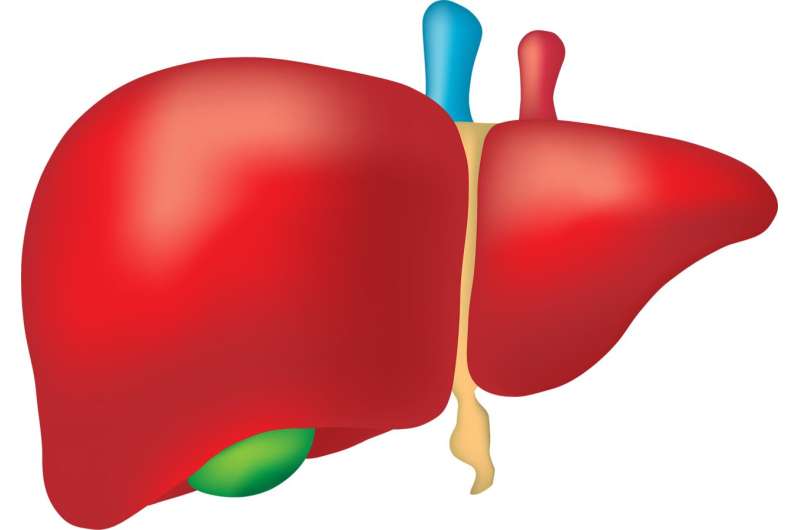AAP Updates Guidelines for Contraceptive Counseling in Adolescents

The American Academy of Pediatrics has updated its guidelines to enhance contraceptive counseling and access for adolescents, emphasizing equity and shared decision-making to improve reproductive health outcomes.
The American Academy of Pediatrics (AAP) has released updated recommendations for providing contraceptive counseling and access to methods for adolescent patients, aiming to improve reproductive health care among youth. Published online on June 16, 2025, in the journal Pediatrics, the new policy emphasizes the importance of delivering evidence-informed and equity-focused contraception services. Led by Dr. Mary A. Ott from the Icahn School of Medicine at Mount Sinai, the update revises the 2014 policy to address evolving needs and challenges faced by adolescents.
The guidelines advocate for all pediatricians to offer comprehensive contraceptive information and counseling within a framework that promotes health equity. This approach ensures that adolescents, regardless of gender, age, race, ethnicity, sexual orientation, health status, or ability, have access to the full range of contraceptive options suited to their goals and preferences. Developmentally appropriate counseling rooted in shared decision-making and person-centered care is crucial for empowering teens in making informed choices.
Furthermore, the recommendations highlight the need to consider the restricted access to abortion services in some states and to provide counseling that addresses this reality. When there are no contraindications, adolescents should be able to receive their preferred contraception on the same day as counseling—a best practice aimed at reducing barriers and delays.
To support these efforts, policies and products should be designed by governments, insurers, electronic health record vendors, and healthcare systems to ensure confidential, timely, and equitable contraceptive care. Dr. Ott emphasizes that pediatricians are vital in answering sensitive questions teens may hesitate to ask, fostering honest, compassionate, and science-based conversations about reproductive health. This education serves as a crucial step toward fostering independence and preparing adolescents for adulthood.
For further details, the full policy statement can be accessed through the Pediatrics journal.
Source: https://medicalxpress.com/news/2025-06-aap-adolescent-contraceptive.html
Stay Updated with Mia's Feed
Get the latest health & wellness insights delivered straight to your inbox.
Related Articles
Discovery of a Key Gene That Influences Liver's Energy Storage Strategy
A groundbreaking study uncovers how the PPP1R3B gene acts as a metabolic switch in the liver, influencing whether energy is stored as sugar or fat—a discovery with potential implications for managing metabolic diseases like diabetes and fatty liver.
Reevaluating Medical Parole: The Need for Fairer Access for Terminally Ill Prisoners
Despite existing policies, medical parole for terminally ill inmates remains rarely granted. Experts argue for system reforms to improve access and ensure humane treatment for vulnerable populations.
Benzaldehyde Inhibits Pancreatic Cancer Spread by Disrupting Critical Protein Interactions
Scientists have discovered that benzaldehyde, a compound with a distinctive aroma, can hinder the spread of pancreatic cancer by disrupting key protein interactions, offering hope for overcoming treatment resistance.
States Reduce Medicaid Payments Long Before Federal Cuts Take Effect
Many U.S. states are cutting Medicaid provider payments ahead of federal funding reductions, risking healthcare access for vulnerable populations amid budget challenges.



